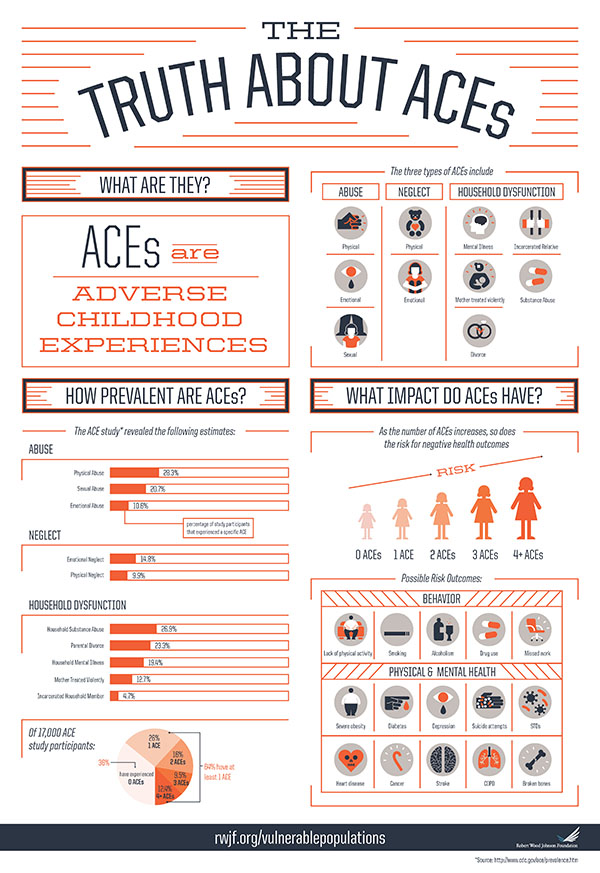Adverse Childhood Experiences (ACEs) and Peer Pressure
Many factors affect the course of our development. ACEs provide us with many insights into risk factors and protective factors. Our job as members of society is to identify these risk factors and commit to minimizing them. Most of all, we must understand the power of resilience and build those aspects into our individual lives, families, and homes.
ACEs contribute to deteriorating communities. However, creating and sustaining safe, stable, nurturing relationships and environments for all children and families can prevent ACEs and help all children reach their full potential.
We talk about “acing” a course as a good thing. But another type of ACE is bad. This type of ACE stands for Adverse Childhood Experience. Something adverse is bad and includes things that occur to children before they are age eighteen. ACEs can include growing up in a household where your parents drink or are violent. Maybe you had a brother or one of his friends who invaded your boundaries and harmed you. Look at the pictures and see if any of the issues relate to things that happened to you. Each of these things affected you. Now, you must find a way to lessen the impact of these things so they don’t continue to drag you down. By understanding your past, you can begin to get beyond the bad parts. Your past doesn’t have to be your future.
What Are ACEs?
MISUSE



Definition
ACEs (Adverse Childhood Experiences) are potentially traumatic childhood experiences (0 – 17 years) that impact individuals during their lives. The more ACEs one has, the greater the likelihood of a problem with opioids, but there are things an individual can do to lessen the impact and to help communities lessen the impact of difficult circumstances to help children thrive.
HOUSEHOLD NEGLECT


Violently
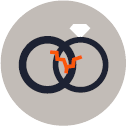

Relative

Misuse
NEGLECT


How Common Are ACEs?
Researchers determined that ten specific traumatic childhood experiences, or ACEs, could be linked to a higher likelihood of health challenges later in life, and that the likelihood of these negative effects increased with the number of “ACEs” a child experienced.
About 64 percent of adults in twenty-five states reported they had experienced at least one type of ACE before age eighteen, and nearly one in six reported they had experienced four or more ACEs, according to the American Academy of Family Physicians (n.d.).
Number of ACEs Experienced by Age 18
(36%)
(26%)
(16%)
(9.5%)
(12.4%)
ACEs Are Common
Behavior
What Impact Do They Have?
ACEs impact children from all ethnicities and genders. Women and several racial/ethnic minority groups are at greater risk of experiencing four or more ACEs.
Individuals are at a higher risk for alcohol and substance misuse, among other health and social outcomes, as there are increases in the number of Adverse Childhood Experiences (ACEs), such as abuse, neglect, violence, and other forms of trauma (Merrick et al., 2018; Grummitt et al, 2022; SAMHSA, 2000).
ACEs are linked to chronic health problems (cancer, diabetes, heart disease), suicide, mental illness, substance use problems in adolescence and adulthood, and early death. ACEs can also negatively impact education, job opportunities, and earning potential. ACEs can also increase the risks of injury, sexually transmitted infections, maternal and child health problems (including teen pregnancy, pregnancy complications, and fetal death) and involvement in sex trafficking.
Physical & Mental Health
Attempts
Bones
What Contributes to ACEs?
- High rates of violence and crime
- High rates of poverty and limited educational and economic opportunities
- High unemployment rates
- Easy access to drugs and alcohol
- Where neighbors don’t know or look out for each other
- Communities with limited community involvement among residents
- Few community activities for young people
- Unstable housing or where residents move frequently
- Communities where families frequently experience food insecurity
- Racism and bullying
ACEs Risk Factors
Includes caregivers with the following challenges
- Drug or alcohol issues
- Mental health issues, including depression
- Poor understanding of children’s needs or development
- Were abused or neglected as children
- Those who are young, single, or have many children
- Those with low education or income
- Those experiencing high levels of parenting stress or economic stress
- Those using spanking and other forms of corporal punishment for discipline
- Caregivers in the home who are not a biological parent
- Those who generally accept or justify violence or aggression

Families with the following difficulties
- Have household members in jail or prison
- Those isolated from or not connected to other people (extended family, friends, neighbors)
- Families experiencing other types of violence, including relationship violence
- High conflict and negative communication styles
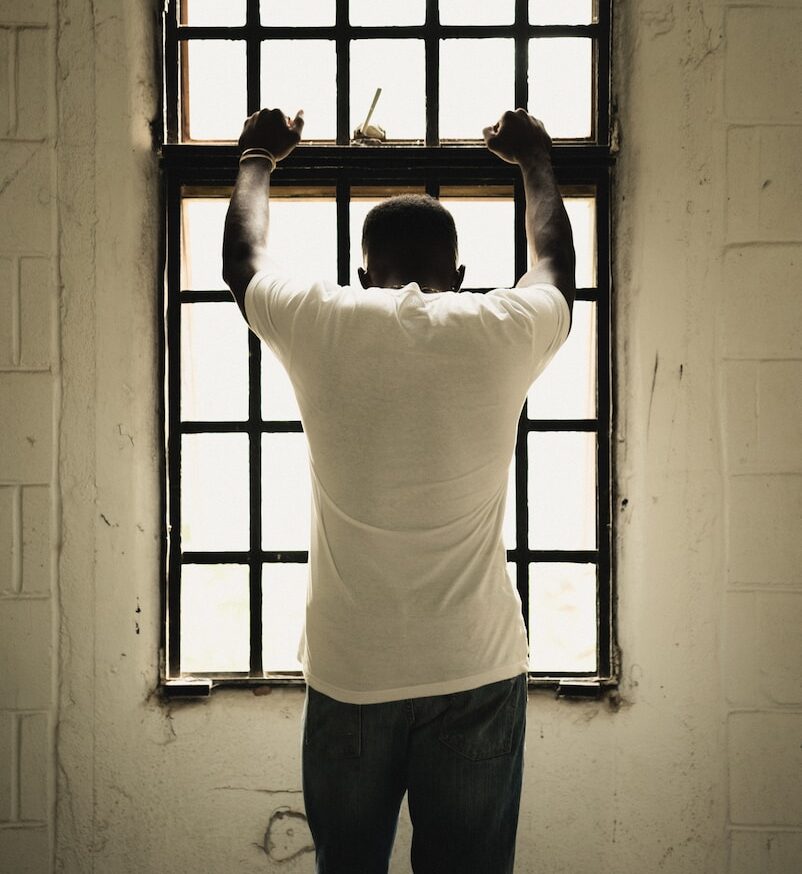
Communities with the following problems
- High rates of violence and crime
- High rates of poverty and limited educational and economic opportunities
- High unemployment rates
- Easy access to drugs and alcohol
- Where neighbors don’t know or look out for each other
- Communities with limited community involvement among residents
- Few community activities for young people
- Unstable housing or where residents move frequently
- Communities where families frequently experience food insecurity

ACEs Protective Factors
Caregivers who do these things or have the following characteristics
- Create safe, positive relationships with children
- Nurture their children and provide emotional support
- Who can meet the basic needs of food, shelter, education, and health services
- Who have a college degree and have steady employment

Families with the following characteristics
- Strong social support networks and stable, positive relationships in their community
- Caregivers are present and interested in the child(ren)
- Caregivers enforce household rules and monitor their child(ren)
- Caring adults outside the family who can serve as role models or mentors

Communities where families have access to the following
- Safe, stable housing
- High-quality preschool
- Nurturing and safe childcare
- Safe, engaging after-school programs and activities
- Medical care and mental health services
- Economic and financial help
- Adults have work opportunities with family-friendly policies

Resilience: The Biology of Stress
& The Science of Hope (movie trailer)
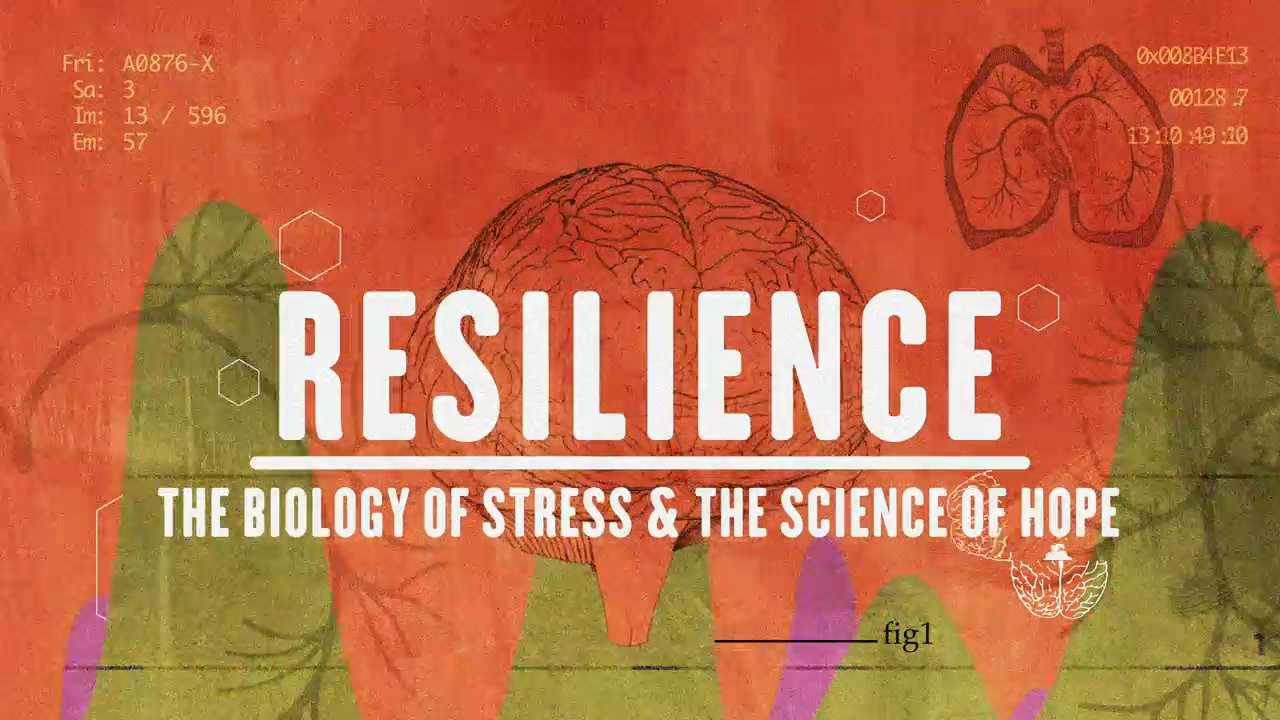
The Seven C’s of Resilience
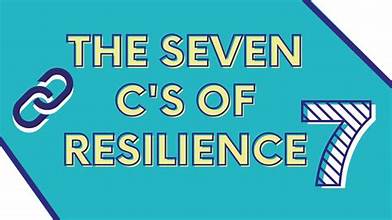
We all have a role to play in preventing ACEs!
Child Brain Development
- Ninety percent of brain growth happens before kindergarten.
- At birth, the average baby’s brain is about a quarter the size of the average adult brain.
- Incredibly, the brain doubles in size in the first year.
- The brain keeps growing to about 80% of adult size by age three and is 90% –nearly fully grown by age five.
The Baby Brain
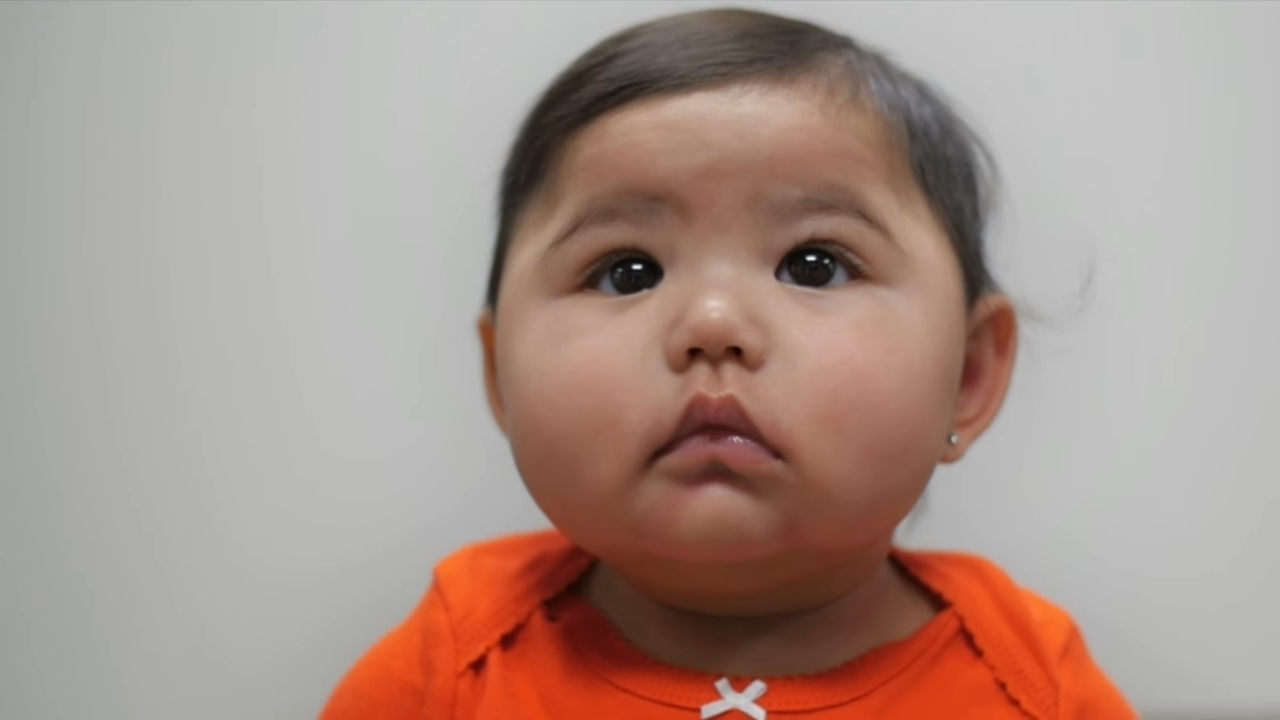
Toxic Stress Derails Healthy Development
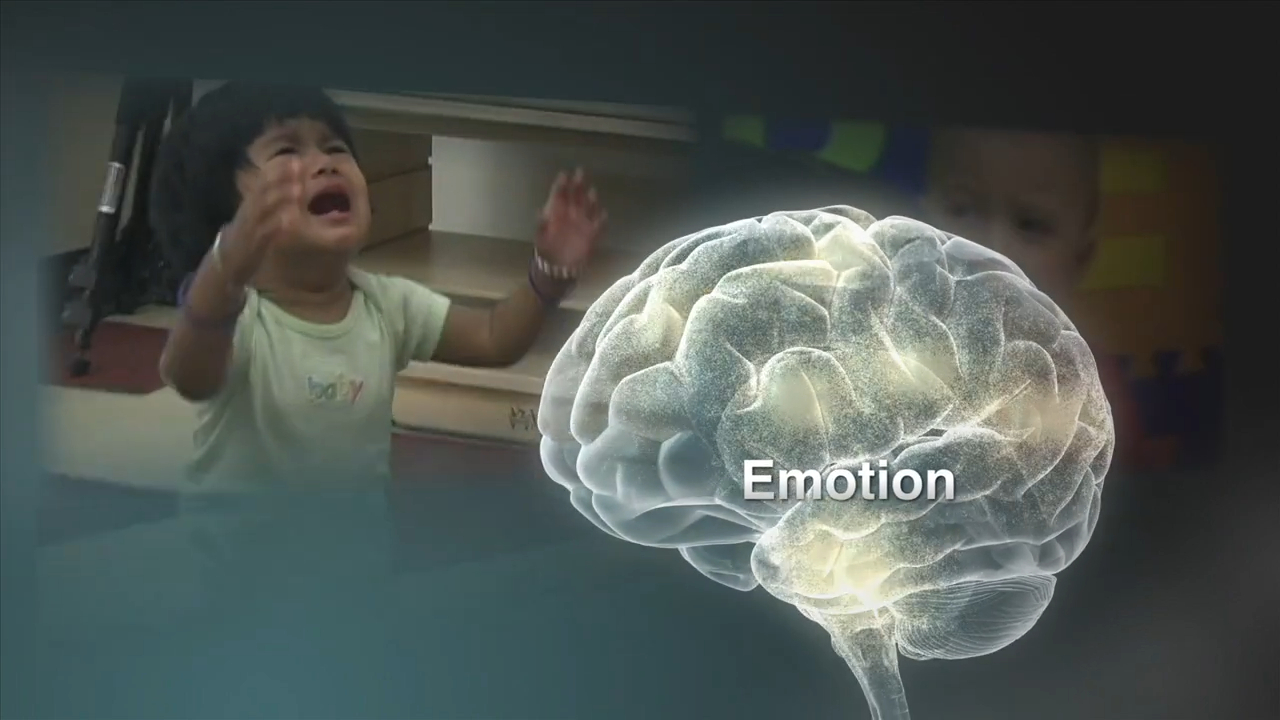
Source: Center on the Developing Child at Harvard University
Stages of Psychosocial Development
Psychosocial Crisis | Virtues | Existential Question | Examples |
|---|---|---|---|
Trust vs. Mistrust | Hope | Can I trust the world? | Feeding, abandonment. |
Autonomy vs Shame & Doubt | Will | Is It okay to be me? | Toilet training, clothing self. |
Initiative vs. Guilt | Purpose | Is it okay for me to do, move, and act? | Exploring, using tools or making art. |
Industry vs. Inferiority | Competence | Can I make it in the world of people and things? | School, sports. |
Identity vs. Confusion | Fidelity | Who am I? Who can I be? | Social relationships |
Intimacy vs. Isolation | Love | Can I love? | Romantic relationships |
Generativity vs. Stagnation | Care | Can I make my life count? | Work, parenthood. |
Integrity vs. Despair | Wisdom | Is it okay to have been me? | Reflection on life |
Resources: Erikson, E. H. (Ed.). (1963). Youth: Change and Challenge. Basic books. Macnow, Alexander Stone, ed. (2014). MCAT Behavioral Science Review. New York City: Kaplan Publishing. p. 220.
HonuIntervention.com
Resources
Test Your Knowledge (answer yes or no)
1. ACEs can happen at any age.
NO. Adverse Childhood Experiences (ACEs) are things that happen before someone is eighteen and have a lifelong impact on them.
2. ACEs have no relationship with physical health.
NO. Bad things that happen to you as a child get reflected in the physical health of your body and can cause problems for you as an adult.
3. Racism is related to ACEs.
YES. Racism is one of the causes of ACEs. It’s another factor that makes life more difficult for people.
4. Caregivers or parents who have a positive relationship with their children may make up for some ACEs.
YES. One of the big findings in ACEs is the importance of someone who has consistently been in your corner and able to help you when you were a child and had problems.
5. School-age psychosocial tasks include developing competence and a feeling that you can make it the world.
YES. Feeling confident is one of the main tasks for those from five to twelve. Those who don’t master this skill may have problems throughout their lives.
